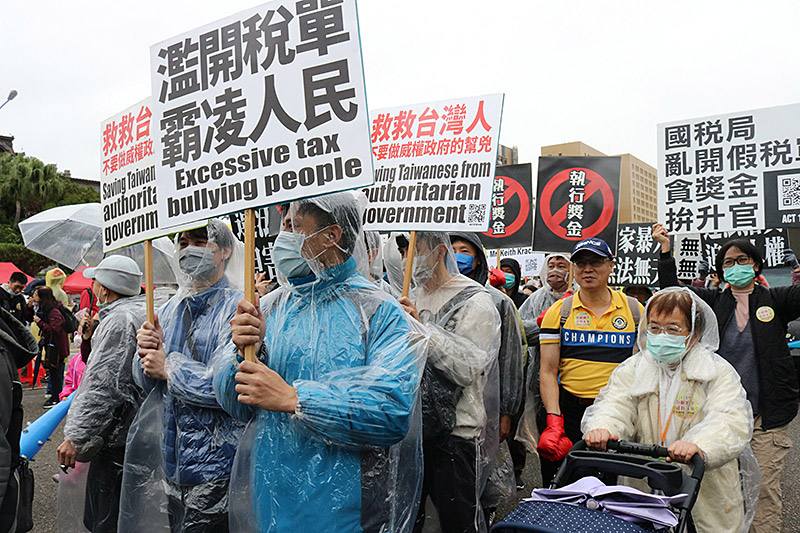Syria's Warring Sides Fight for Position Ahead of Talks
Rebels fighting to oust Syrian President Bashar al-Assad and government forces are trying to improve their battlefield positions in the remaining weeks before peace talks are due to take place in Geneva between the warring sides, analysts say.
The U.S.-Russian backed talks, dubbed Geneva 2, are slated to begin in late January and aim to reach an agreement to end a civil war now in its third year. Who will attend the peace conference remains in doubt.
But since plans for the talks evolved late in 2013, fighting on the battlefield has intensified.
With government offensives underway in Aleppo, Syria’s largest city, and in the suburbs south of Damascus taking their toll, the main Western-backed opposition group is threatening once again not to participate in talks.
The heightened battlefield action is being matched with an increased tempo in diplomatic maneuverings.
French President François Hollande recently held talks in Riyadh with the Saudi Arabian monarch, King Abdullah, and Syrian opposition leader Ahmed Jarba. Afterwards, France’s leader warned that Geneva 2 must “must not result in the prolongation” of the Assad regime.
Hollande urged the Western-backed Syrian opposition group the Syrian National Coalition (SNC) to take part in the peace conference.
Airstrikes in the northern Syrian city of Aleppo killed 541 people and wounded 3,039 people from December 15 to 28, according to local medical sources, the international medical humanitarian organization Médecins Sans Frontières said.
“It is now clearer than ever just how harsh and tense the race in Syria is between the battle and politics, between the field and the table,” said Lebanese columnist and television show host Jean Aziz.
The effort to change the balance of military power – what analysts like to call the “facts on the ground” – has seen fierce fighting in the southern suburbs of Damascus.
Until the autumn, rebels controlled an arc of suburbs to the south of the capital but have lost ground to Syrian government forces.
In recent days the suburb of Ghouta has seen heavy skirmishing with the rebels trying to dislodge Syrian troops in order to threaten Damascus International Airport.
The most threatening offensive is unfolding around Aleppo, the country’s onetime commercial hub, which has been divided between government forces and rebels for more than a year.
After a long stalemate in which little territory changed hands, rebels have been pressed on the eastern approaches to the city after Assad forces retook a handful of strategic outlying towns in the weeks leading up to Christmas.
For two weeks now government aerial attacks - mainly involving helicopters dropping so-called barrel bombs filled with high explosive and fuel – have pummeled rebel areas. Human rights groups have condemned the Syrian air force’s use of barrel bombs, arguing that as an indiscriminate weapon they breach international laws of war.
On December 28, a barrel bomb dropped on a crowded market left more than 20 dead, according to the Syrian Observatory for Human Rights, a pro-opposition monitoring group.
The barrel-bomb attacks have angered the SNC, prompting a threat to boycott Geneva talks.
The invitation list for peace-talk participants remains the subject of much diplomatic wrangling.
Syria is insisting that its key foreign ally Iran participate. Twenty-six countries have been invited but Iran as yet has not been asked.
“Syria is committed to Iran joining the peace conference,” Foreign Minister Walid Muallem, who is likely to lead the Syrian government team at Geneva, told the country’s official news agency SANA.
“It is illogical that the United States or the so-called opposition excludes this country from the conference for political reasons,” he said.
Before Christmas, United Nations peace envoy Lakhdar Brahimi told reporters that no agreement had been reached about Iran’s participation. The following day, his boss, U.N. Secretary General Ban Ki-Moon, urged that the objections to Iran’s involvement be dropped.
Even if the SNC and Iran do participate, Islamist militias that broke away from the Western-backed opposition group frown on any negotiations with Assad.
The leader of the most powerful rebel group in Syria, Ahrar al-Sham, has warned that he will not recognize any agreement reached in Geneva. Speaking to Al-Jazeera, Hassan Aboud said: “Whatever comes out of it, is binding only on the Syrian National Coalition. As far as we are concerned, we will continue the revolution until we restore our rights and our dignity.”
Differences over what the objectives are for Geneva 2 are also plaguing the run-up to the peace conference.
he rebels and Western powers see the goal as agreeing to a transition of power with Assad playing no further role. Syrian government officials, however, have voiced a different objective that would prolong the regime and with Assad standing for re-election.
French officials have triggered a behind-the-scenes diplomatic debate about whether a post-war Syria should be modeled on a formal federal system as adopted in neighboring Iraq or on a Lebanese power-sharing system that seeks to protect all religious sects, British diplomatic sources said.
But some Syria observers remain skeptical, arguing that French discussions on the form of governance are premature.
“I don’t think that Geneva 2 has any hope of moving forward,” said former CIA chief Michael Hayden.
But U.S. and European officials continue to voice optimism saying the obstacles to the talks can be overcome.
Source:Voice of America
- 233 reads




